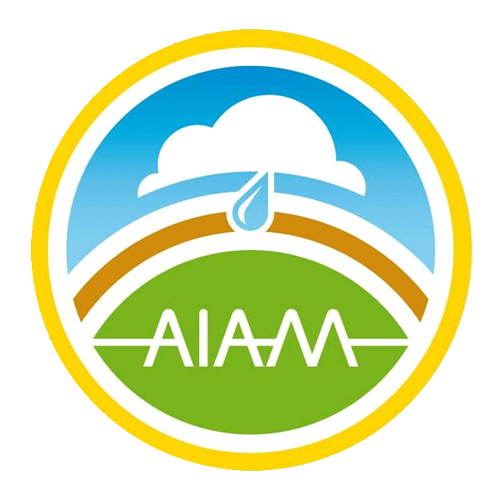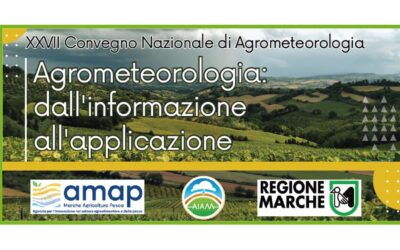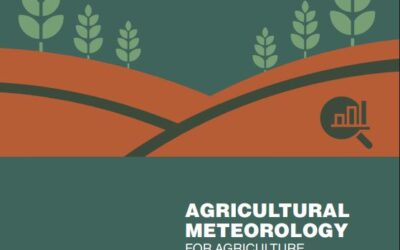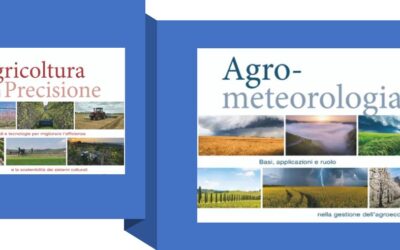The 4th International Interdisciplinary Conference on LAND USE AND WATER QUALITY will be held in
Aarhus, Denmark, 3-6 June 2019
Abstract submission is possible. Abstracts are due by 15th October 2018.
More information is on http://www.luwq2019.dk
Jointly convened by
DCE – Danish Centre for Environment and Energy, Aarhus University, Denmark
Department of Bioscience, Aarhus University, Denmark
RIVM National Institute for Public Health and the Environment, Centre for Environmental Quality, the Netherlands
Geological Survey of Denmark and Greenland (GEUS), Denmark
Umweltbundesamt (UBA), Federal Environment Agency, Germany
Objectives
The conference aims to discuss the entire ‘policy cycle’ to enable enhancing the quality of the water environment, which includes problem recognition, formulation of technical options, policy formulation, interaction between policy makers and stakeholders (i.e. pressure groups), policy implementation, monitoring and research. The conference also aims to facilitate networking opportunities between scientists of different discipline backgrounds i.e. economic, social and natural sciences, as well as between scientists, water managers and policy makers. In short, the objectives are:
– to provide a forum for exchange of scientific knowledge, research to better understand ‘systems function’, modelling and uncertainty;
– discuss the entire policy cycle for water quality improvement; and
– to intensify contacts (a) between soil/water related scientists, agro related scientists, social scientists, ecological scientists and economists, and (b) between scientists, water managers and policy makers.
LuWQ2019 is the follow-up to the successful LuWQ conferences, LuWQ2017 held in The Hague, the Netherlands, in June 2017, LuWQ2015 held in Vienna, Austria, in September 2015 and the LuWQ2013 conference held in The Hague, the Netherlands, in June 2013.
Target groups and keywords
Target groups(professionals, fields of expertise, audience) are scientists, managers and policy makers involved in the policy cycle for water quality improvement. The conference deals with themes and topics characterised by the following keywords:
– Keywords for fields of expertise and scientific disciplines: agronomy, agro-economics, agro-sociology, water management, water policy, action plan, river basin management plan, hydrology, soil science, drinking water supply
– Keywords for system description: aquatic ecosystems, terrestrial ecosystems, unsaturated zone, groundwater, surface waters, monitoring, modelling, chemical water quality, biological water quality, nitrate vulnerable zones, river basins, catchments
– Keywords for best management practices: buffer zones, sedimentation ponds, constructed wetlands, incorporation of fertilisers, catch crops, erosion control, cost effectiveness, voluntary measures, laws and regulations
– Keywords for substances: nutrients, nitrate, phosphorus, pesticides and other organic agrochemicals, heavy metals
CONFERENCE THEMES
Contributions are solicited according to the following themes:
A.. Increasing our understanding of ‘systems function’: research, tools and methodologies to increase understanding and improving modelling of the hydro(geo)logical, geochemical and biochemical processes
B.. Water quality monitoring: improving monitoring, data management and combined monitoring-modelling to support the evaluation of programmes of measures
C.. Impact of climate change on land use and water quality: assessment of impact on groundwater and surface water quality
D.. Assessment of national or regional policy: effectiveness of programmes of measures on water quality on a regional and national scale
E.. Improving water quality by farm management practices: research (monitoring and modelling) at plot, field and catchment scales to quantify the effects of farming practices and changes in land use
F.. Improving water quality by establishing eco-technological mitigation measures: development, testing, implementation and operation at plot, field and catchment scales to quantify the effects of structural measures
G.. Managing protected areas for water supply and nature conservation: risk assessment techniques, monitoring and modelling of water quality and quantity for the protection of (a) water resources for drinking water supply, and (b) groundwater dependent terrestrial ecosystems
H.. Decision-making on Programmes of Measures: the role of stakeholder input and science in policy decision-making
I.. Implementation of Programmes of Measures: social and economic incentives and regulatory mandates that drive implementation (carrots and sticks)
Special Sessions in addition to Themes A through I it is also possible to submit abstracts to:
Session S1.. Special session on Land and water management for a sustainable bioeconomy
Detailed description of Themes and Topics is at http://www.luwq2019.dk/themes_and_topics.



